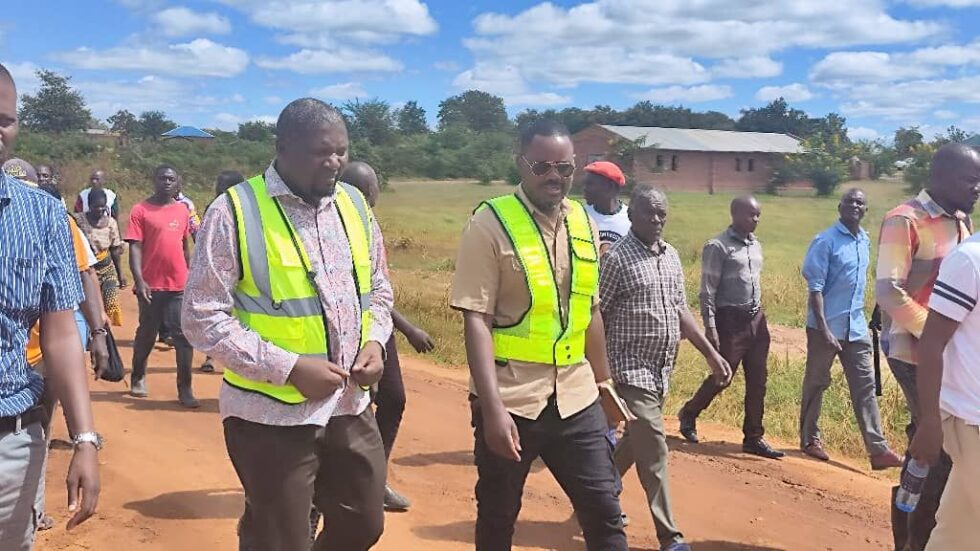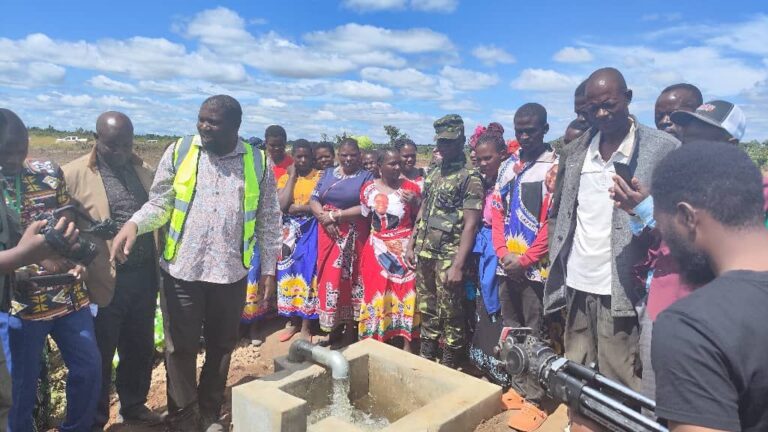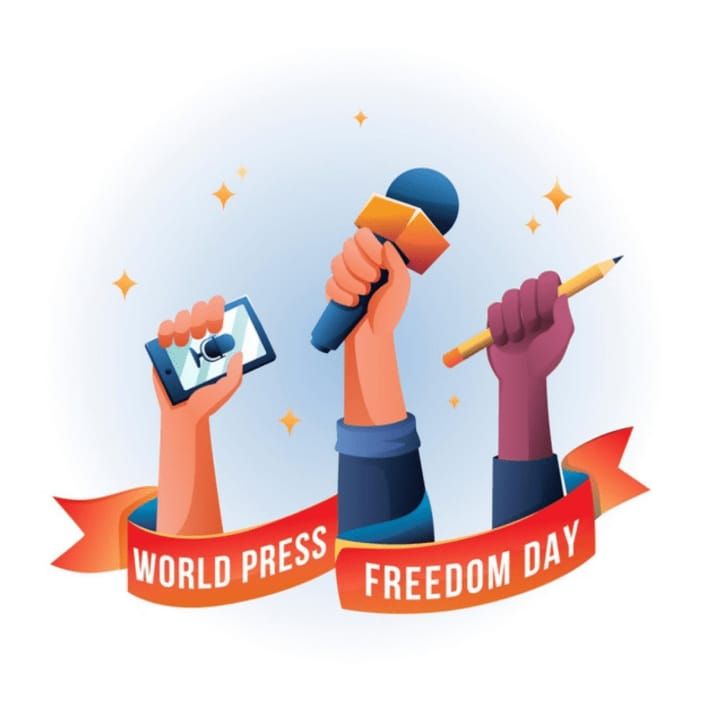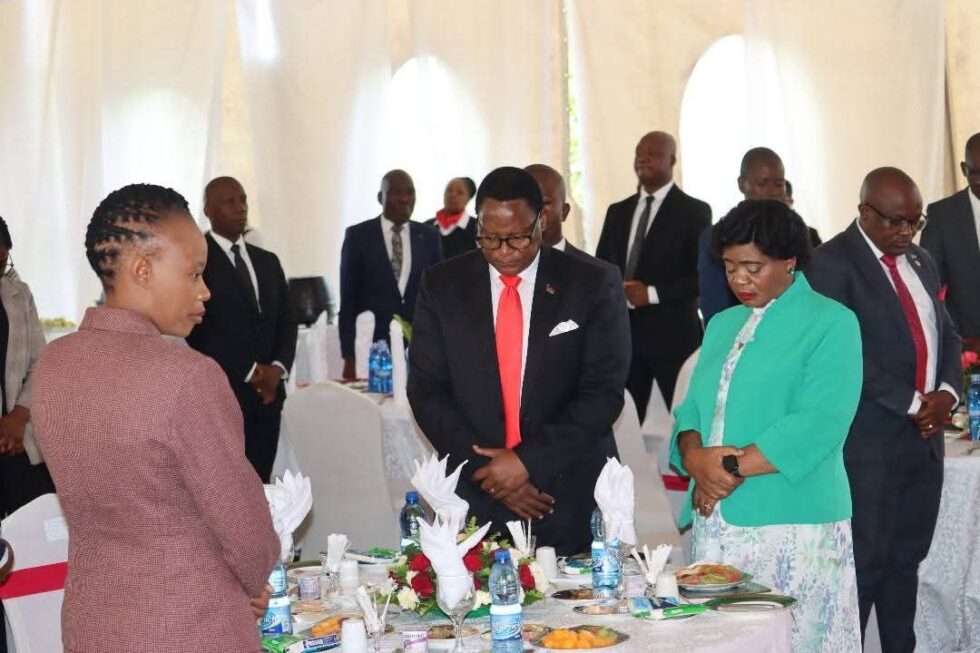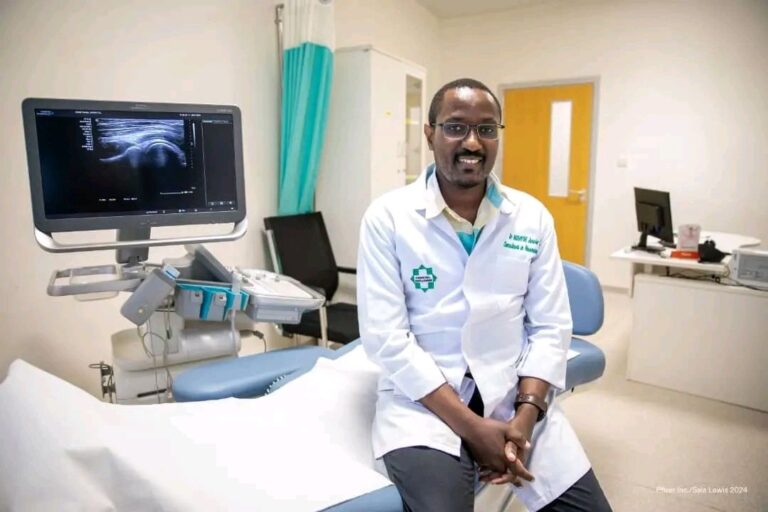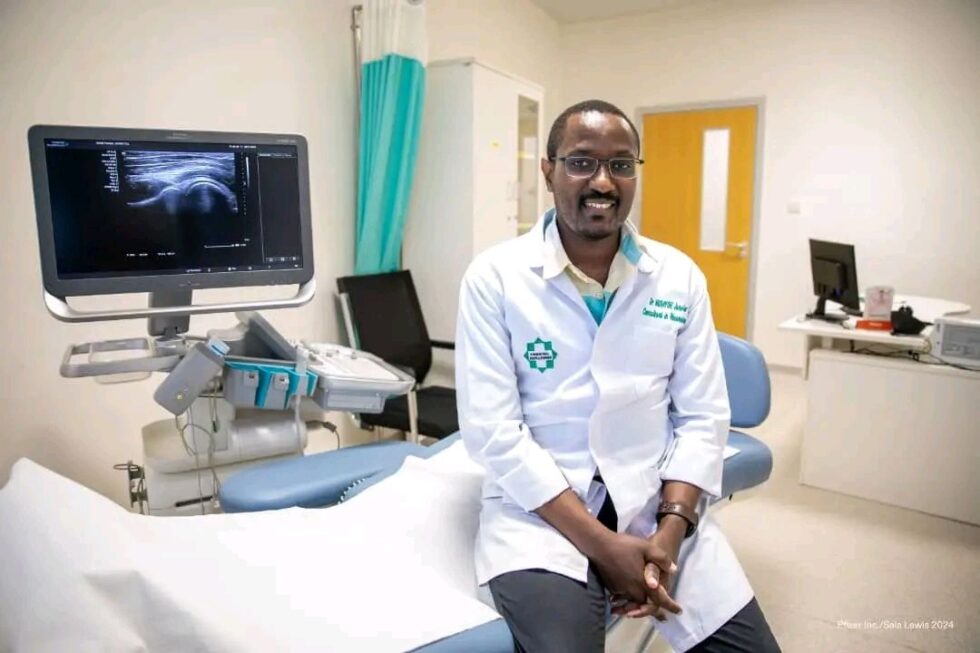By Alfred Chauwa
Duputy Minister of Agriculture Benedicto Chambo on Friday Commissioned the operations of Dowa-Dambo Irrigation Scheme.
Speaking during the launch , Chambo said was so impressed to witness such magnificent project which will change alot of ordinary lives.
“It was just speculations, but now we have started planting. It means people will start seeing the food from this dam. This is one way that our president Dr Lazarus McCarthy Chakwera wants the country to be food secured. So the people of Dowa are the first to prove that this nation, one day, will be food secured. We will not ever import food from anywhere, but we will export the foods,” he said.

Chambo commended the leadership at the Ministry of Agriculture which is led by Sam Kawale and the ever hard working of members of staff in the Ministry of Agriculture without forgetting the farmers.
“This collaboration will improve something very great for this nation. And I am encouraging other areas to emulate the same system that is happening here in Dowa,” said the Minister.
According to Chambo this will give the country a good future, a nation that will have a well balanced food diet from irrigation. We have been relying on land fed, but now we want to rely on irrigation. Farmers should plant three seasons. These are called cycles, because any crop has a cycle. The cycles of the crops would admire the usefulness of the farmers at this dam,” he said.
He said currently , the project has covered 400 hectares and that from these hectorage it is expected that from each hectare to harvest a minimum of five tonnes.
“So far in the country wide, we are, targeting 50,000 hectares for irrigation so this is a great achievement for our country,” he said.
Senior Chief Chakhaza Remarks
According to the senior chief , the project will go along way in helping people of his area. The chief said was happy the project has already created employment for people in his area.
About the project
Dowa-Dambo Irrigation Scheme is the eighth scheme that the Government of Malawi through the Department of Irrigation under the Programme for Rural Irrigation Development (PRIDE) Programme is constructing.
With funding from the Malawi Government and the International Fund for Agricultural Development (IFAD), PRIDE has already constructed the following irrigation schemes:
Wowo in Phalombe, Lingoni in Machinga, Mlooka and Matoponi in Zomba, Mafinga and Marko in Chitipa district. Two schemes, namely: Mzenga in Nkhata Bay and Chipofya in Rumphi are currently being constructed with completion expected before the end of this year.
The scheme, which has 453 hectares, is being constructed by Foundation for Irrigation and
Sustainable Development (FISD) and a joint venture of SAWA Group and SICO companies at a combined cost of 29.1 billion
Malawi Kwacha (US$16, 652,458).
Out of the nine schemes PRIDE has constructed and is still constructing, Dowa-Dambo Irrigation Scheme is the first dambased scheme. The two contractors are constructing five (5) dams that will ensure steady supply of water for irrigation to the whole 453-ha command area.
Under Lot 1, SAWA & SICO JV is expected to put up 20 solar pumps that will support the irrigation of 160 hectares while under Lot 2 contractor, FISD is installing 40 solar pumps to take care of the remaining 293 hectares. By mid-March, Lot 2 under FISD was at 90 percent while Lot 1 under SAWA Group and SICO was at 13 percent.

